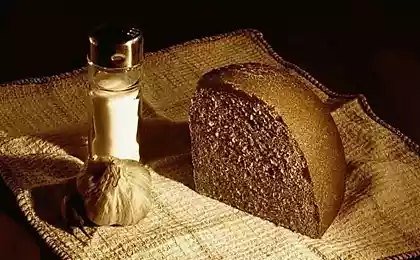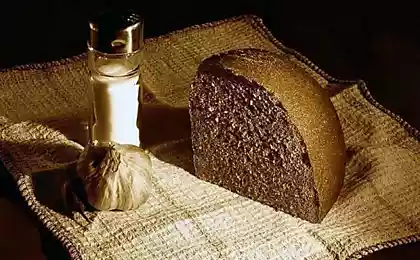286
How to prepare for Easter
Lent is the longest and strictest fast of the Orthodox Church, the path of spiritual purification, which leads us to the feast of the bright Resurrection of Christ.
955092
When the Great Easter Lent begins in 2020 year? Knowing the answer, you can plan in advance the right menu for those members of your family who are going to fast.
This will make it easier for them to endure the entire seven weeks of fasting by spending more time in a deep spiritual life.
Great Lent - 2020 on the days of Lent consists of Fortycost (40 days) and Holy Week (the week before Easter itself). In 2020, it begins on Monday, March 2, and ends on Saturday, April 18, on the eve of Easter.
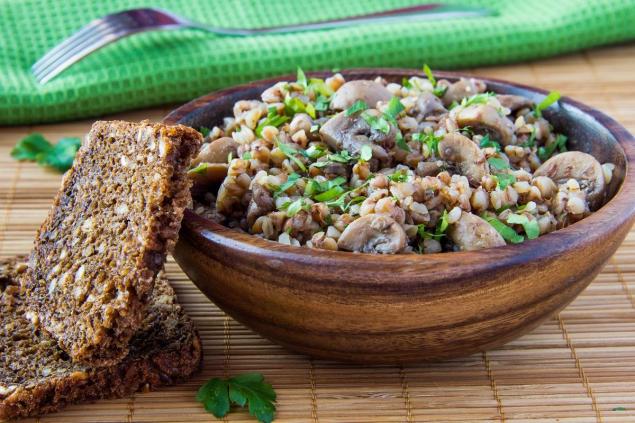
According to the Church Charter, Lent The following rules should be followed.
The above rules are strict monastic rules. Laymen (not monks), as a rule, fast softer, correlating the severity of their fasting with health, physical and mental stress, taking the advice of the priest and relying on common sense.
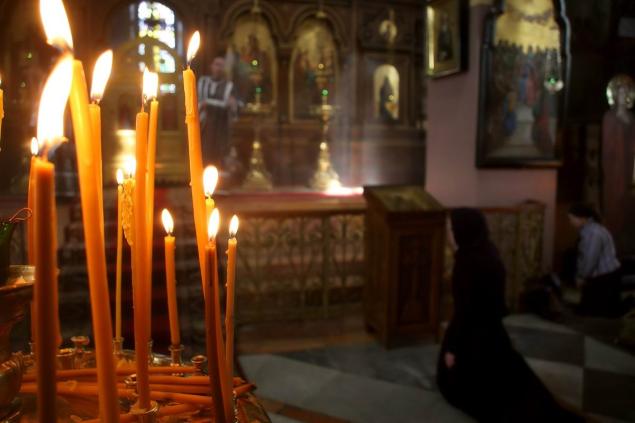
Lent is also a time of spiritual purification. Spring of the soul, when we have to remove the dirty snow of sins and melt the ice in our hearts.
Therefore, it imposes certain restrictions on everyday behavior. It is forbidden to drink alcoholic beverages, get married, marital restraint is recommended, irritability, anger and condemnation should be avoided.
Food calendar by days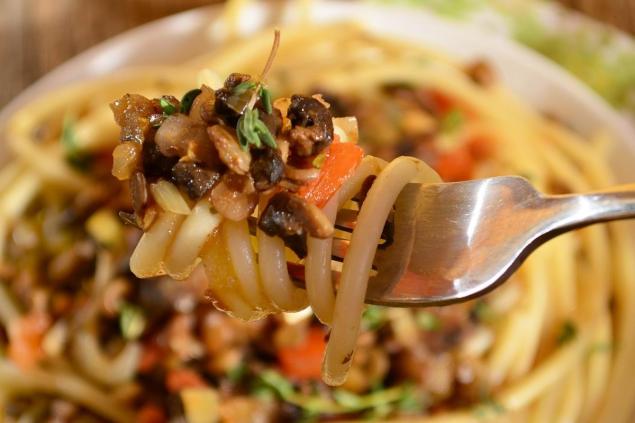
Week 1 of Great Lent
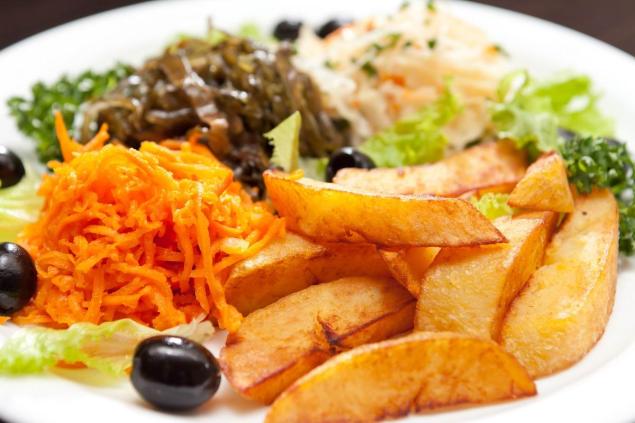
Week 2 of Great Lent
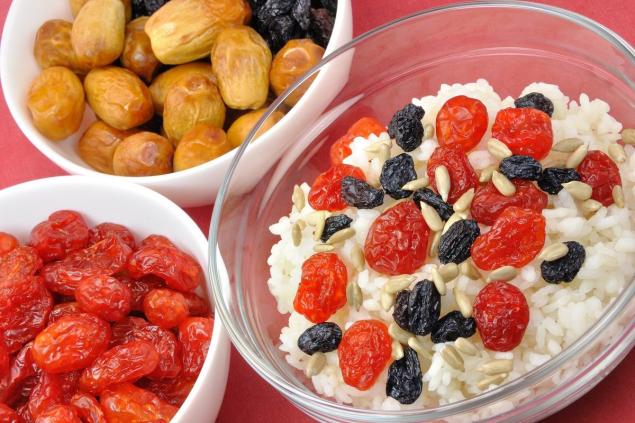
Week 3 of Lent

Week 4 of Great Lent
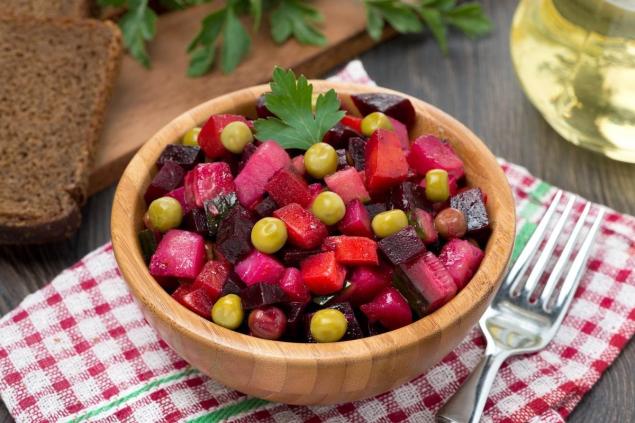
Week 5 of Great Lent

Week 6 of Lent
The strictest food bans fall on Holy Week - the last 7 days before Easter. This week, from Monday to Thursday, only one meal is allowed, and on Good Friday you will have to refuse food altogether.

Holy Week
For all products that can not be eaten in Lent, you can find a suitable replacement. So, meat lovers, for example, are recommended to include mushrooms and legumes in the menu.
Sauces such as mayonnaise or ketchup can be prepared on your own. Milk lovers will not be difficult to replace it with plant-based products, which can be drunk daily during fasting.
To make it easier to move the Great Lent, try to make your menu full and diverse. Before you start fasting, consult your doctor and your spiritual guide.
955092
When the Great Easter Lent begins in 2020 year? Knowing the answer, you can plan in advance the right menu for those members of your family who are going to fast.
This will make it easier for them to endure the entire seven weeks of fasting by spending more time in a deep spiritual life.
Great Lent - 2020 on the days of Lent consists of Fortycost (40 days) and Holy Week (the week before Easter itself). In 2020, it begins on Monday, March 2, and ends on Saturday, April 18, on the eve of Easter.

According to the Church Charter, Lent The following rules should be followed.
- The first and last weeks of Lent are the strictest.
- Animal products are completely prohibited throughout the fast.
- On weekdays you can eat once a day, in the evening. On Saturdays and Sundays twice, at lunch and in the evening.
- Monday, Wednesday, Friday - cold food without oil.
- Tuesday, Thursday - hot food without butter.
- Saturday, Sunday – hot food with vegetable oil and wine are allowed.
The above rules are strict monastic rules. Laymen (not monks), as a rule, fast softer, correlating the severity of their fasting with health, physical and mental stress, taking the advice of the priest and relying on common sense.

Lent is also a time of spiritual purification. Spring of the soul, when we have to remove the dirty snow of sins and melt the ice in our hearts.
Therefore, it imposes certain restrictions on everyday behavior. It is forbidden to drink alcoholic beverages, get married, marital restraint is recommended, irritability, anger and condemnation should be avoided.
Food calendar by days

Week 1 of Great Lent
- Monday, March 2
No food at all. - Tuesday, March 3
Hot food without butter. - Wednesday, March 4
Dry eating (consumption of bread, raw vegetables, fruits, dried fruits, honey, nuts). - Thursday, March 5
Hot food without butter. - Friday, March 6
Dry eating (consumption of bread, raw vegetables, fruits, dried fruits, honey, nuts). - Saturday, March 7
You can eat boiled, stewed vegetables and fruits with the addition of any vegetable oil, as well as wine. - Sunday, March 8
You can eat boiled, stewed vegetables and fruits with the addition of any vegetable oil, as well as wine.

Week 2 of Great Lent
- Monday, March 9
Dry eating (consumption of bread, raw vegetables, fruits, dried fruits, honey, nuts). - Tuesday, March 10
Hot food without butter. - Wednesday, March 11
Dry eating (consumption of bread, raw vegetables, fruits, dried fruits, honey, nuts). - Thursday, March 12
Hot food without butter. - Friday, March 13
Dry eating (consumption of bread, raw vegetables, fruits, dried fruits, honey, nuts). - Parental Saturday, March 14
You can eat boiled, stewed vegetables and fruits with the addition of any vegetable oil, as well as wine. - Sunday, March 15
You can eat boiled, stewed vegetables and fruits with the addition of any vegetable oil, as well as wine.

Week 3 of Lent
- Monday, March 16
Dry eating (consumption of bread, raw vegetables, fruits, dried fruits, honey, nuts). - Tuesday, March 17
Hot food without butter. - Wednesday, March 18
Dry eating (consumption of bread, raw vegetables, fruits, dried fruits, honey, nuts). - Thursday, March 19
Hot food without butter. - Friday, March 20
Dry eating (consumption of bread, raw vegetables, fruits, dried fruits, honey, nuts). - Parental Saturday, March 21
You can eat boiled, stewed vegetables and fruits with the addition of any vegetable oil, as well as wine. - Sunday, March 22
You can eat boiled, stewed vegetables and fruits with the addition of any vegetable oil, as well as wine.

Week 4 of Great Lent
- Monday, March 23
Dry eating (consumption of bread, raw vegetables, fruits, dried fruits, honey, nuts). - Tuesday, March 24
Hot food without butter. - Wednesday, March 25
Dry eating (consumption of bread, raw vegetables, fruits, dried fruits, honey, nuts). - Thursday, March 26
Hot food without butter. - Friday, March 27
Dry eating (consumption of bread, raw vegetables, fruits, dried fruits, honey, nuts). - Saturday, March 28
You can eat boiled, stewed vegetables and fruits with the addition of any vegetable oil, as well as wine. - Sunday, March 29
You can eat boiled, stewed vegetables and fruits with the addition of any vegetable oil, as well as wine. Fish are allowed.

Week 5 of Great Lent
- Monday, March 30
Dry eating (consumption of bread, raw vegetables, fruits, dried fruits, honey, nuts). - Tuesday, March 31
Hot food without butter. - Wednesday, April 1
Food with vegetable oil (for the sake of work Mariinsky standing). - Thursday, April 2
Food with vegetable oil (for the sake of work Mariinsky standing). - Friday, April 3
Dry eating (consumption of bread, raw vegetables, fruits, dried fruits, honey, nuts). - Saturday, Praise of the Most Holy Mother of God, April 4
You can eat boiled, stewed vegetables and fruits with the addition of any vegetable oil, as well as wine. - Sunday, April 5
You can eat boiled, stewed vegetables and fruits with the addition of any vegetable oil, as well as wine.

Week 6 of Lent
- Monday, April 6
Dry eating (consumption of bread, raw vegetables, fruits, dried fruits, honey, nuts). - Tuesday, Annunciation of the Most Holy Mother of God, April 7
You can eat boiled, stewed vegetables and fruits with the addition of any vegetable oil, as well as wine. - Wednesday, April 8
Dry eating (consumption of bread, raw vegetables, fruits, dried fruits, honey, nuts). - Thursday, April 9
Hot food without butter. - Friday, April 10
Dry eating (consumption of bread, raw vegetables, fruits, dried fruits, honey, nuts). - Saturday, Lazareva Saturday, April 11
You can eat boiled, stewed vegetables and fruits with the addition of any vegetable oil, as well as wine. Fish caviar is allowed. - Sunday, Entry of the Lord into Jerusalem, April 12
You can eat boiled, stewed vegetables and fruits with the addition of any vegetable oil, as well as wine. Fish are allowed.
The strictest food bans fall on Holy Week - the last 7 days before Easter. This week, from Monday to Thursday, only one meal is allowed, and on Good Friday you will have to refuse food altogether.

Holy Week
- Monday, April 13
Dry eating (consumption of bread, raw vegetables, fruits, dried fruits, honey, nuts). - Tuesday, April 14
Dry eating (consumption of bread, raw vegetables, fruits, dried fruits, honey, nuts). - Wednesday, April 15
Dry eating (consumption of bread, raw vegetables, fruits, dried fruits, honey, nuts). - Thursday, Remembrance of the Last Supper, April 16
Dry eating (consumption of bread, raw vegetables, fruits, dried fruits, honey, nuts). - Friday, Remembrance of the Holy Saving Passions of our Lord Jesus Christ, April 17
No food at all.
- Saturday, April 18
You can eat hot food with the addition of any vegetable oil, as well as wine. - The Bright Resurrection of Christ, April 19
Orthodox Christians can “break up” – eat meat, cheese, eggs and any other food. But it is worth remembering that after a long abstinence in food, you need to leave the post gradually.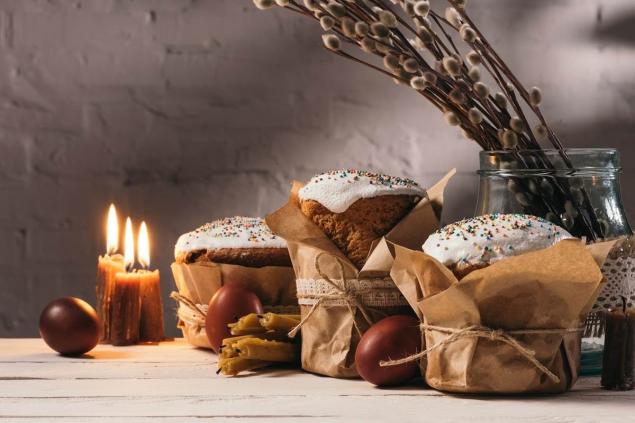
For all products that can not be eaten in Lent, you can find a suitable replacement. So, meat lovers, for example, are recommended to include mushrooms and legumes in the menu.
Sauces such as mayonnaise or ketchup can be prepared on your own. Milk lovers will not be difficult to replace it with plant-based products, which can be drunk daily during fasting.
To make it easier to move the Great Lent, try to make your menu full and diverse. Before you start fasting, consult your doctor and your spiritual guide.


